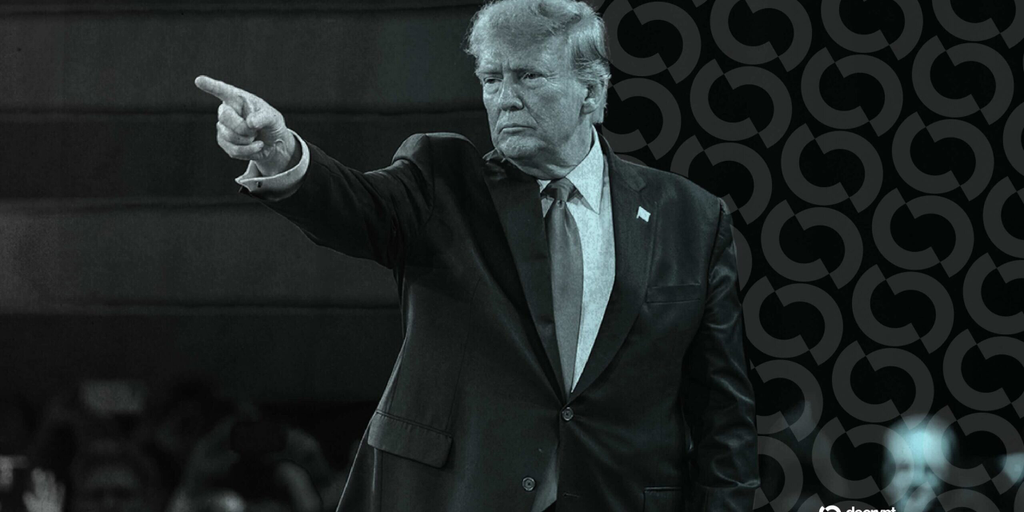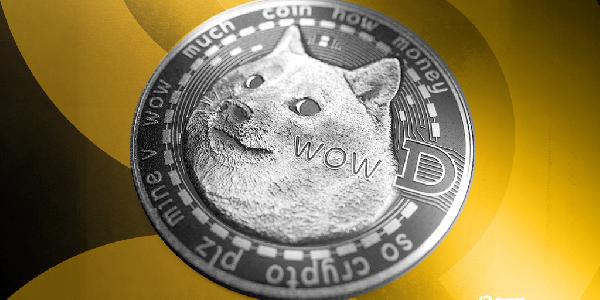Republican Party strategist Chris LaCivita, one of the architects of U.S. President Donald Trump’s winning presidential campaign in 2024, pointed to the two-term commander-in-chief’s embrace of cryptocurrencies as a lynchpin for his political comeback.
Speaking at the Coinbase State of Crypto Summit in New York City on Thursday, LaCivita said targeting so-called crypto voters helped President Trump court a lot of supporters, particularly those belonging to voter blocs that have traditionally proved less likely to cast ballots for GOP candidates.
“The one thing that we found was that [the crypto voter] crosses so many different socioeconomic areas, and truly was a bloc of voters that were up for grabs,” LaCivita said, adding that crypto served as a bridge for the GOP to connect with African-American and Asian-American voters, and young people.
Both Black and Asian Americans report higher rates of cryptocurrency owners than their white peers, according to a Pew Research report published in 2024. The data shows that 28 of Asian Americans and roughly 20 of Black adults reported owning cryptocurrencies, compared to just 14 of white adults.
However, both demographic groups are less likely to align with the GOP than white voters.
Eighty-three percent of Black voters identify with the Democratic Party, while roughly 60 of Asian-Americans are left-leaning, according to another 2024 report from the nonprofit organization, Pew Research.
These are “general areas where the Republican Party in years past has not succeeded, so [platforming crypto issues] gave us an opportunity to establish common ground with a […] demographic that we need to expand in order to be successful,” LaCivita acknowledged.
“We saw it as a great opportunity to engage people that may not necessarily feel engaged,” he said.
Prior to President Trump’s about-face on cryptocurrencies such as Bitcoin, which he called a “scam” in 2021, politicians largely cast digital assets as tools for money laundering and other illicit financial activities—if they mentioned them at all.
But President Trump’s embrace of the crypto community, boosted by digital asset firms’ aggressive lobbying efforts on Capitol Hill, was a turning point for the industry, and perhaps, the future of American politics.
Shortly after the Republican presidential candidate first publicly aligned himself with the crypto community in late spring of 2024, more signs of support for the crypto community among lawmakers emerged.
In July, the GOP explicitly pledged to advocate for protections for Bitcoin miners and ban central bank digital currencies in its 2024 platform—the first ever endorsement of crypto-related issues in a major political party‘s official platform.
To be sure, the invisible hand of the crypto industry’s lobbying efforts also drummed up awareness of, and support for, digital assets firms and holders. Fairshake, a political action committee (aka super PAC) backed by Coinbase and Ripple Labs, accumulated a more than $200 million war chest to distribute amongst pro-digital assets lawmakers last year, making it the biggest donor in the 2024 election cycle.
As a result, an unprecedented number of Republican and Democratic congressional candidates publicly proclaimed their support for the crypto industry in the lead-up to the U.S. 2024 elections.
Growing recognition of digital assets as an issue of increasing importance in U.S. elections comes as retail adoption of cryptocurrencies grows in the U.S.
Twenty-eight percent of Americans hold at least some cryptocurrencies, up from 15 in 2021, according to a recent data analysis by digital-privacy firm security.org. And Robinhood, a trading platform primarily serving retail traders in the U.S., recently reported crypto trading had accounted for more than 40 of its total transaction revenue—a share that has grown over the past few financial quarters.
It also comes as American adults have proven increasingly less likely to prize party loyalty. Nearly half of U.S. voters identified as independents in 2024, up from 39 in 2016, according to Gallup Poll data.
Edited by James Rubin
Your Email









